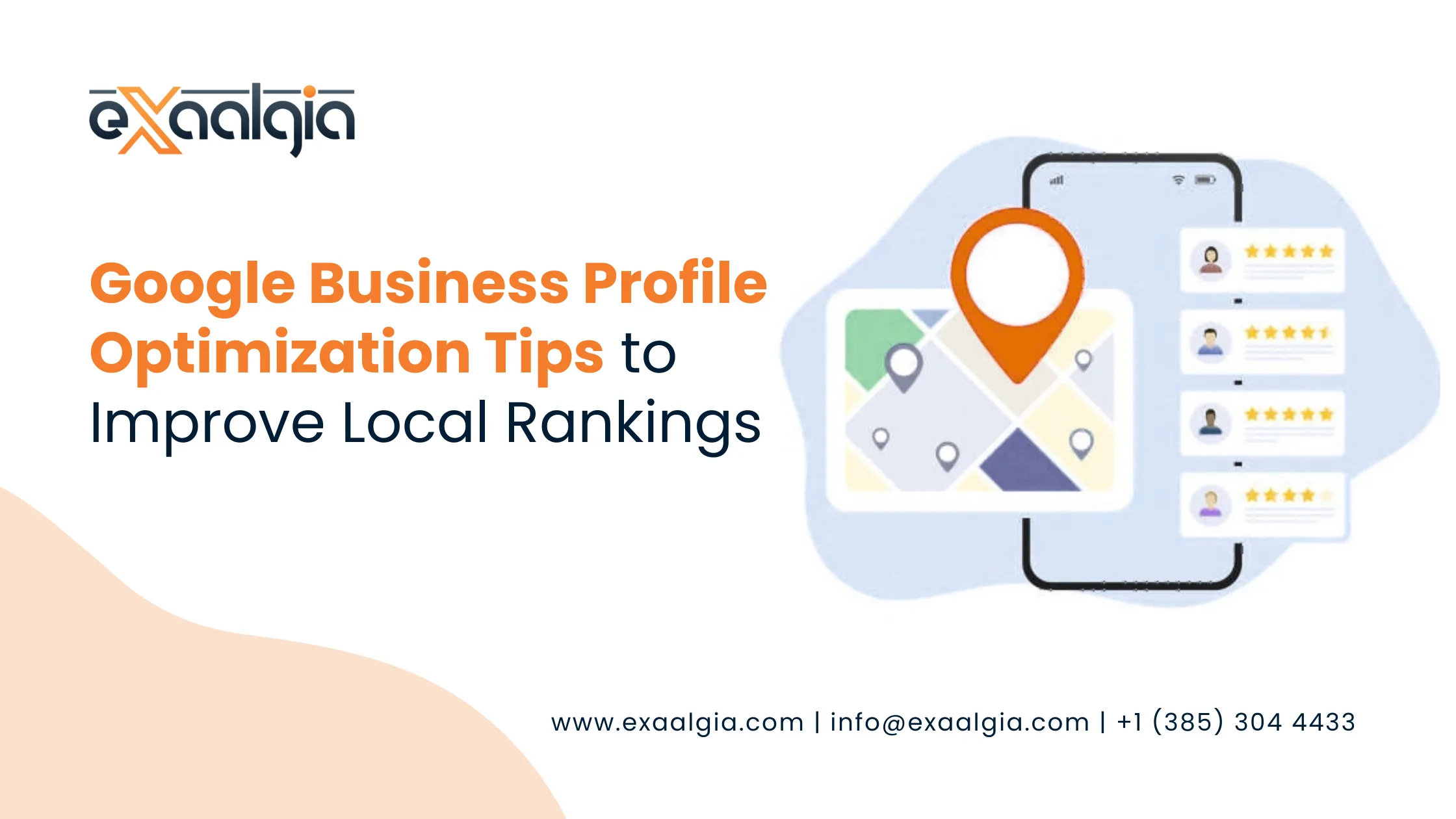Accordingly, having the right approach to do it, you can grow your business with a higher rank on Google and bring in even more traffic with clicks converted into sales-at minimum cost.
In this guide, we’re going to dive into why local keywords matter, walk you through steps on how to do research, and provide you with tips on ways to optimize your strategy. So, let’s jump right in!
Why Local Keywords Matter for Your Business
Local keywords are the foundation of local SEO. For small businesses or service providers targeting customers at local levels, knowing what potential customers are searching for is a huge way of bettering your online presence.
Why does this matter?
Because people who are looking for a local business are in a transaction-ready state. They are probably looking for some form of product or service located nearby, so when your website is positioned at the top of their search results, you have a great chance to convert them into paying clients.
It is basically telling Google, “Hey, I’m relevant for this area.” That way, Google rewards you with better visibility for those local searches. This is one of the easiest ways to target people who are actually looking for businesses like yours.
Key Takeaway:
Using local keywords as part of your implementation means your business gets more opportunities to rank higher for local searches-that means more foot traffic, calls, and inquiries for your products or services.
General vs. Local Keyword Research
Before diving into the how-to, it is very crucial to distinguish general keyword research from local keyword research.
General Keyword Research:
General keyword research targets search terms that are broad and not location-dependent. Keywords tend to be very generic, like “best pizza” or “cheapest SEO services.” General keyword research would work best for businesses that operate or have outputs on a national or global level.
Local Keyword Research:
This focuses on search terms that incorporate geographic markers such as cities, neighborhoods, or even landmarks. So instead of just “best pizza,” you would look for “best pizza in Chicago” or “pizza near Millennium Park.” These are the phrases used by local customers to find local businesses.
Pro Tip: Google is smart enough to detect implicit local searches too. So, if someone just types “best pizza,” and they’re in Chicago, Google might show them local options even without a city in the search.
What’s Key Takeaway?
Local keyword research is foundational for any business that serves a particular area so they can target nearby customers who’re ready to buy.
How to Do Local Keyword Research: The Four Steps of Getting It Done
So you understand now why local keyword research is important and how it should be done in four simple steps.
1. Set Up a Spreadsheet for Your Keywords
Start with setting up a plain spreadsheet with your keywords so that your research stays somewhat organized and you can see quickly which ones are more important keywords for you to target.
Track the following data in your spreadsheet:
Monthly Searches: Average numbers of searches per month for the keyword
Keyword Difficulty (KD): An estimate of how hard it is to rank on the keyword
Cost per Click (CPC): Paid ads can provide a number of the cost of each click
Relevance: How well the keyword relates to your business or services.
Pro Tip: This spread sheet can be created using the usage of Google Sheets or Excel. This can also be availed by using keyword research templates free of cost on the internet.
2. Seed Keywords Brainstorm
Seed keywords are short and simple terms related to your business. For example, if you run a bakery, your seed keywords could be “bakery,” “cupcakes,” or “pastries.”.
Now visualize geotargeted words the customers would input for that location. Including phrases like “near me,” “in [city name],” or “close to [landmark].” This ensures you are targeting the right audience in the right geographic location.
Example:
“Bakery near me”
“Cupcakes in New York”
“Pastries near Central Park”
3. Increasing your local keywords
Now that you have your seed keywords, you want to go and complement them with more detailed place-based keywords. That’s how you’ll capture a much wider audience with local search intent.
Here’s the trick for you:
Use Google’s Keyword Planner: a free tool where you can search for your keywords by city or region.
You should also try Semrush Keyword Magic Tool: an extremely powerful tool where it will give you keyword suggestions along with their search volume and difficulty.
Spy on Competitors: Discover which keywords your competitors rank for and what you can add to your keyword list based on this.
Example:
If you run a coffee shop in Brooklyn, your expanded list of keywords might read like this
“Best coffee in Brooklyn”
“Coffee shop near Prospect Park”
“Café with Wi-Fi in Brooklyn”
These are specific phrases that not only contain local intent, but also have less competition, so that ranking will be easy.
4. Prioritize Based on Keyword Metrics
By now, you must have come up with a very long list of local keywords, but how do you decide from so many? That’s where metrics come in.
Metrics to Consider:
Search Volume: The higher the better; don’t ignore those low-volume keywords, if they happen to be very relevant to your business.
Keyword Difficulty: Target keywords with a less difficulty score below 50 percent for higher opportunities of ranking.
Click Potential: More relevant keywords with high click potential will result in more traffic.
Using a feature such as Keyword Manager in Semrush, you can analyze and prioritize your list of keywords depending on the terms having the highest potential for driving the right traffic and conversions.
Important Takeaway:
You will be optimizing your content with the right keywords that add the most value and not waste your time or money on irrelevant or overly competitive terms by using the right metrics for ranking.
Frequently Asked Questions
1. What is local keyword research?
Local keyword research is the process of finding search terms that a customer would use to locate any business or service in a specific area. That may include using geographic markers like places, neighborhoods, or landmarks.
2. Why is local SEO important?
Let’s face it, when people are searching for products or services within a certain location, local SEO will get your business in front of them. It’s an excellent opportunity for increased visibility, attracting more customers from the region, and encouraging higher conversion rates-all without having to pay for ads.
3. How can you decide on local keywords?
Use Google Keyword Planner or Semrush, or find what keywords your competitors are ranking for. Don’t forget to include location markers when searching for keywords.
4. What is implied local intent?
Implicit local intent search represents the fact that no location needs to be in the query, but Google would assume it’s local based on the terms of the search and the location.
5. How Do I Measure the Performance of Keywords?
To measure keyword performance, you can use Google Analytics, SEMrush, and Ahrefs. Google Analytics would say exactly what keywords rank for you, how much traffic you get, and what you can do to improve your strategy.
Local keyword research becomes the powerful tool to differentiate your business when it pops on search results and attracts local customers. These simple steps will enhance your SEO strategy and help your business grow without spending even a dollar on advertising. Now is the time to start local keyword research and see how it makes your customer base boom!
Ready to boost your local search visibility? Contact us at Exaalgia for expert SEO services to help your business rank higher in local search results!







